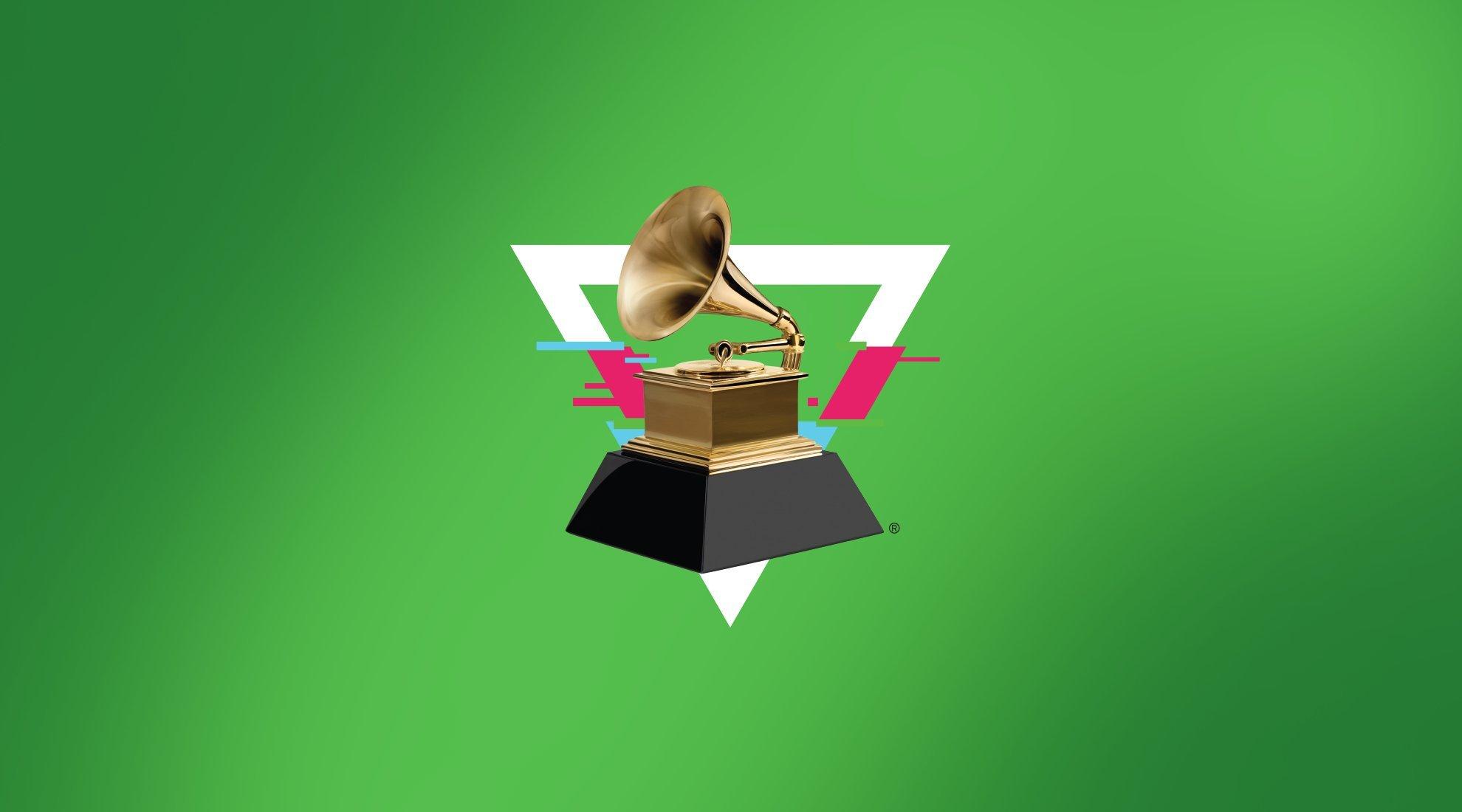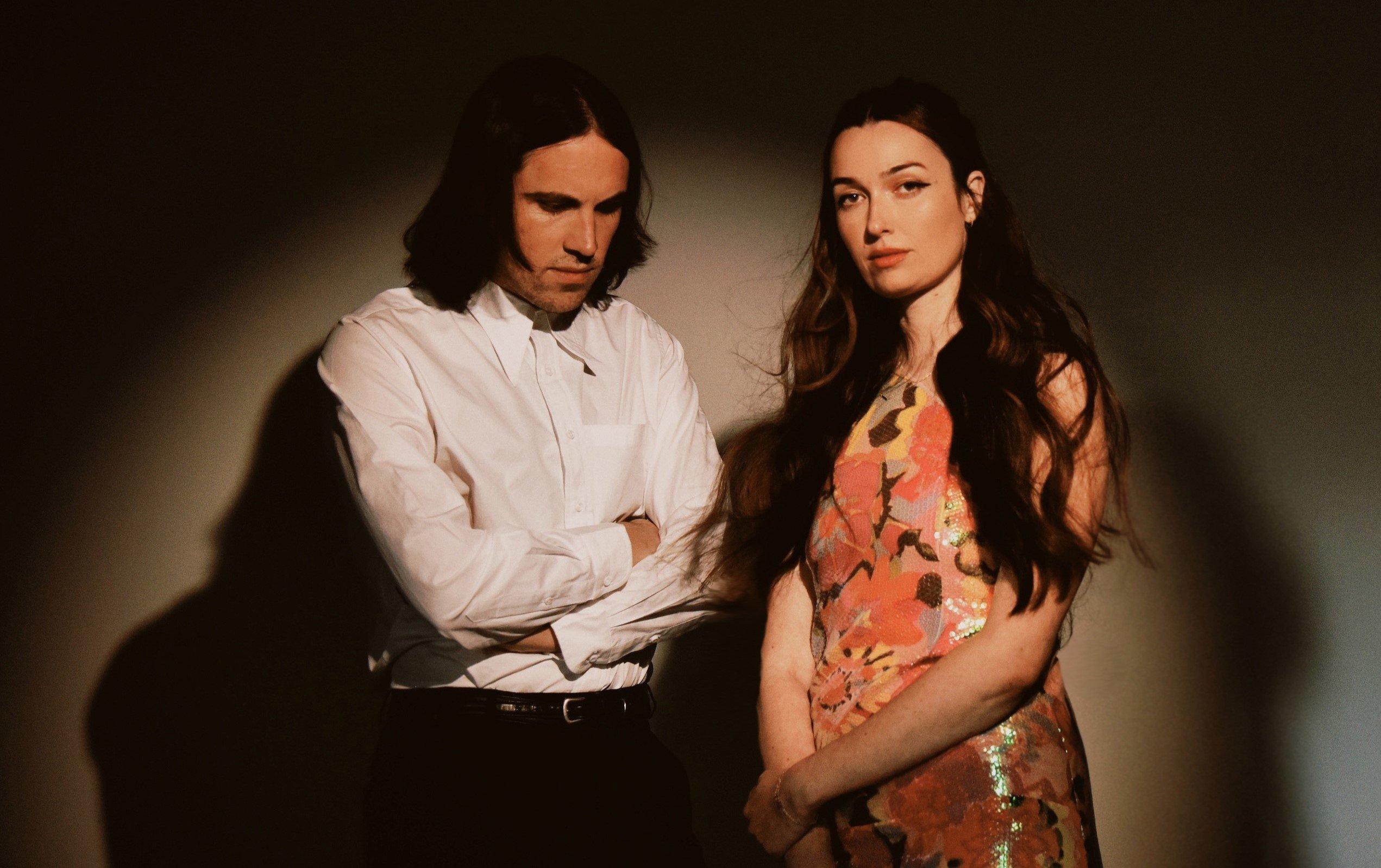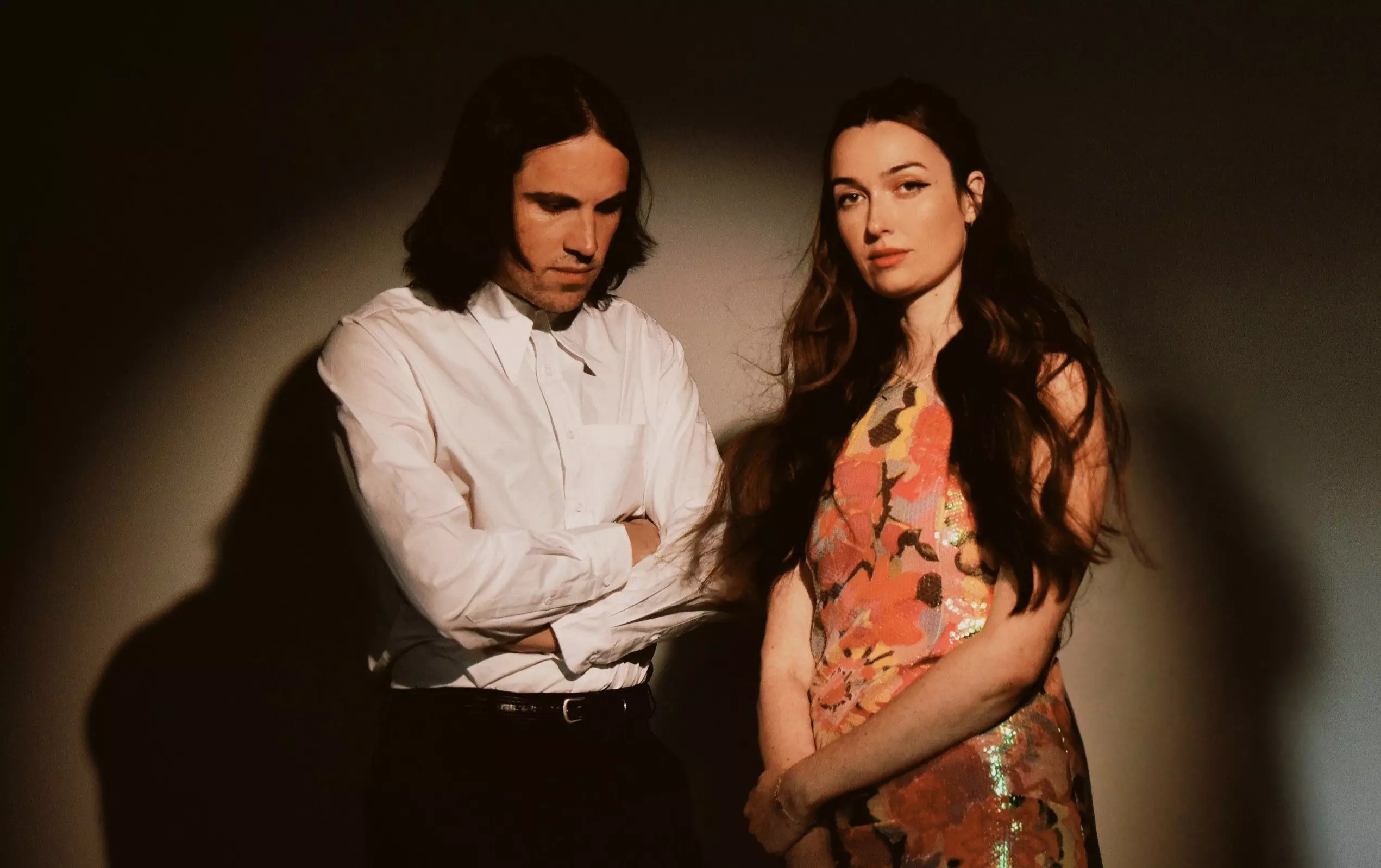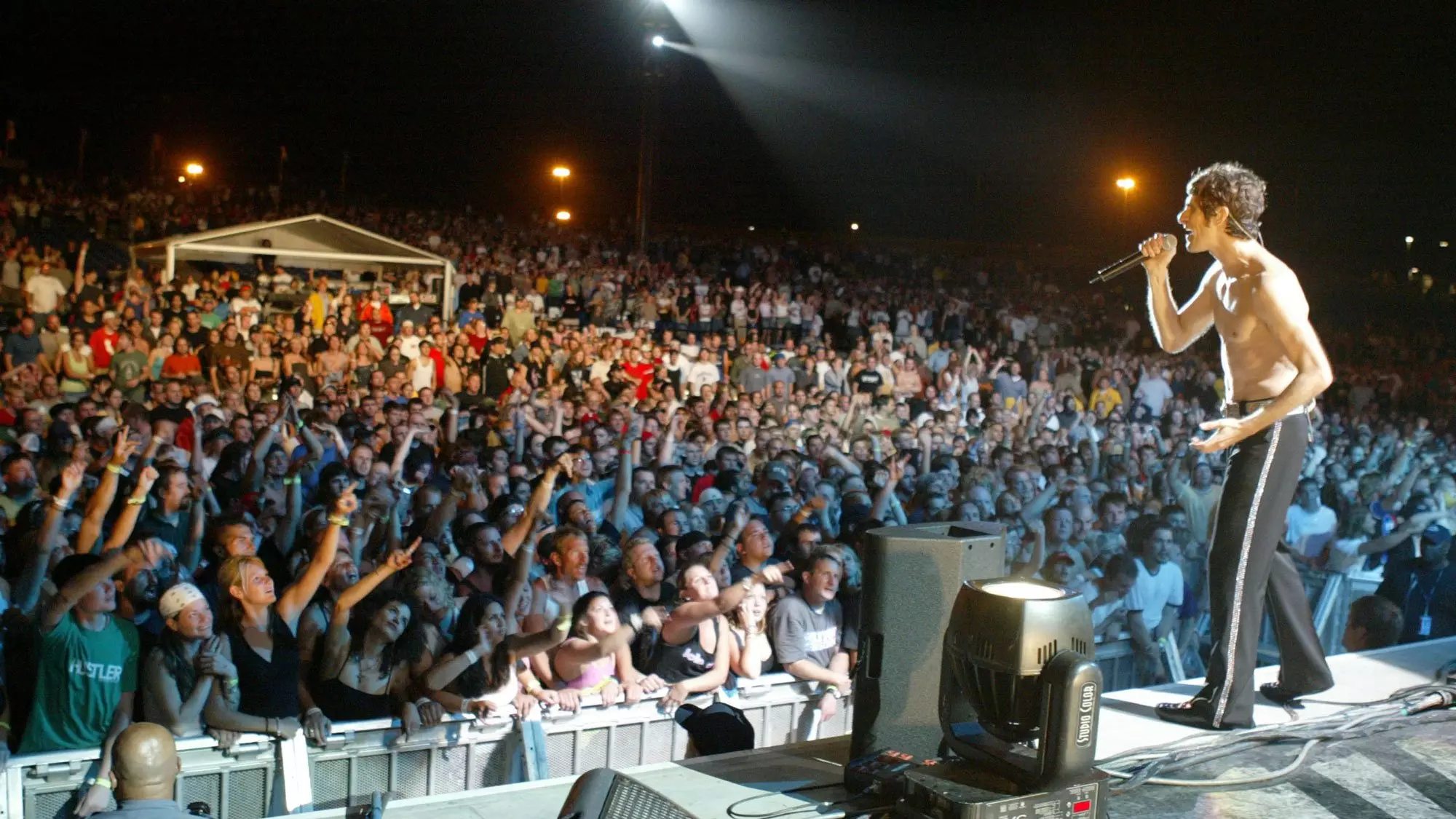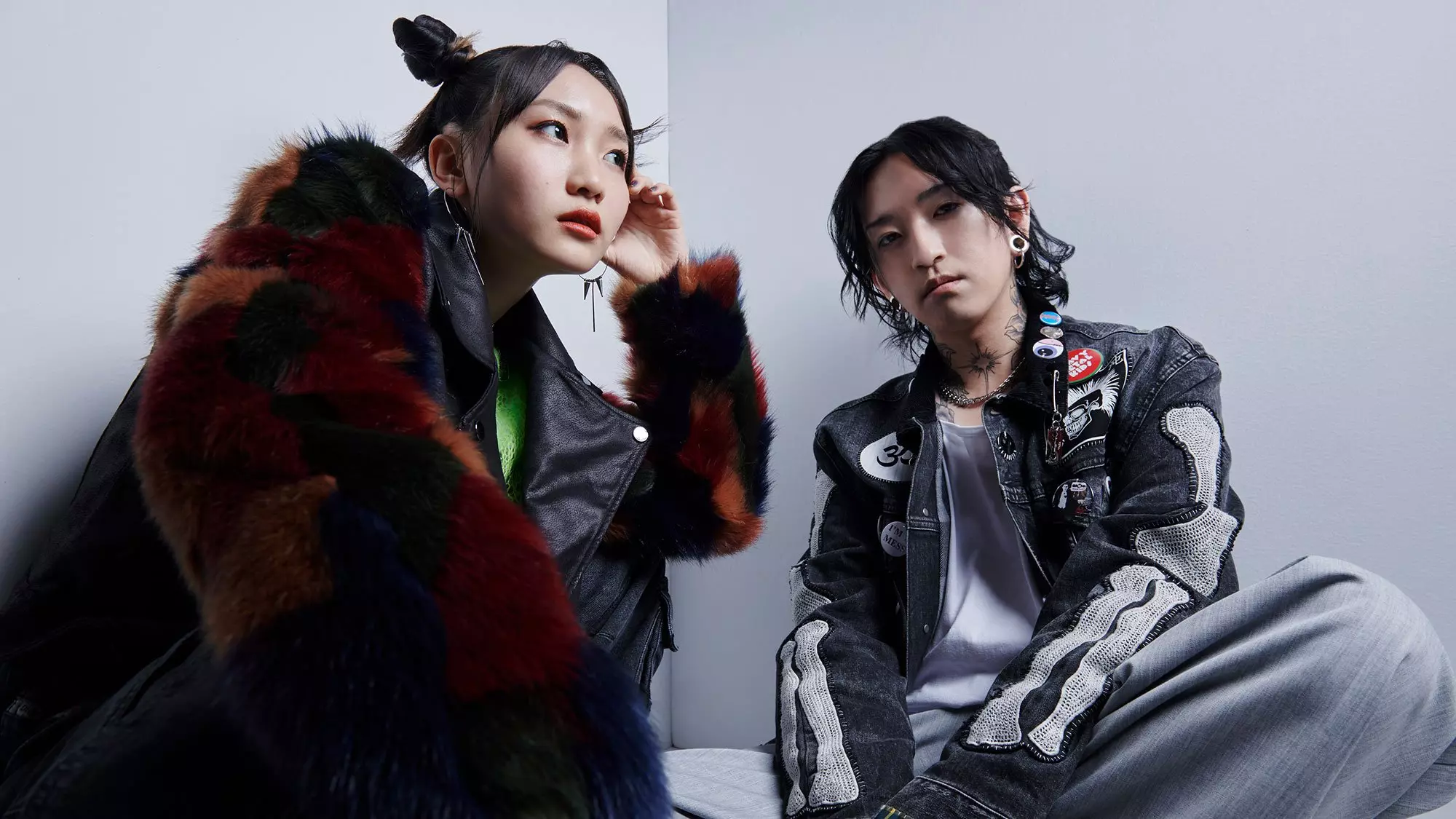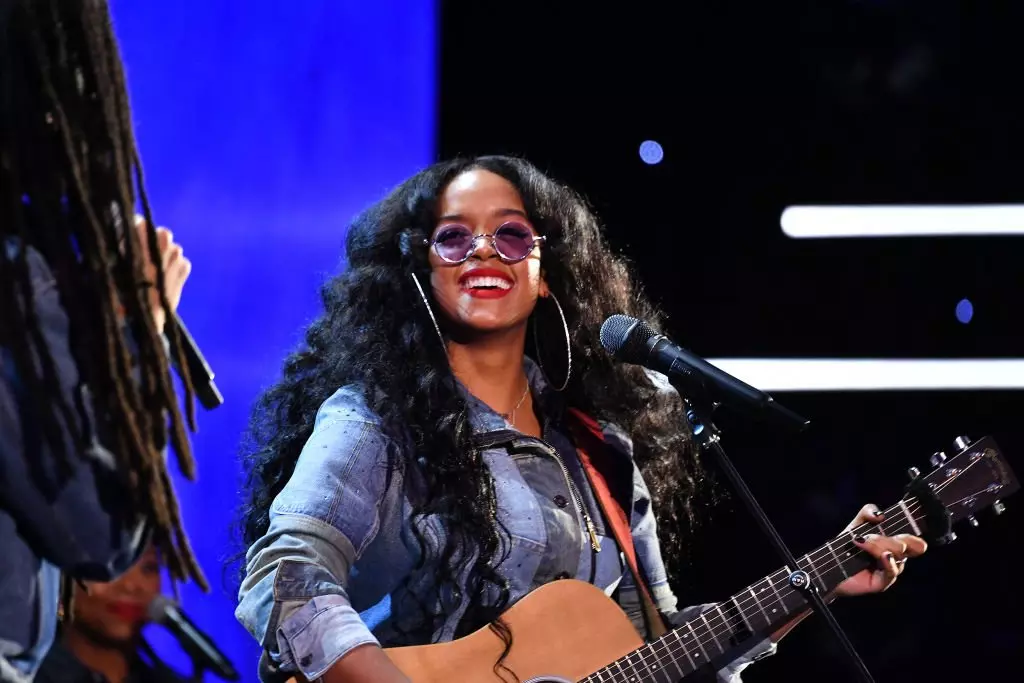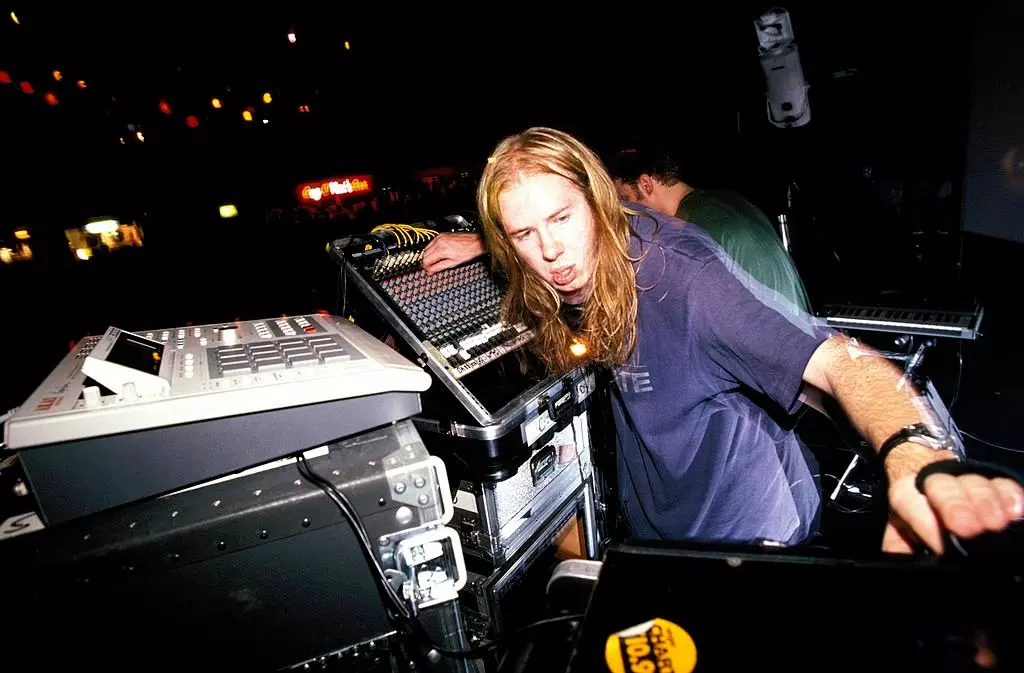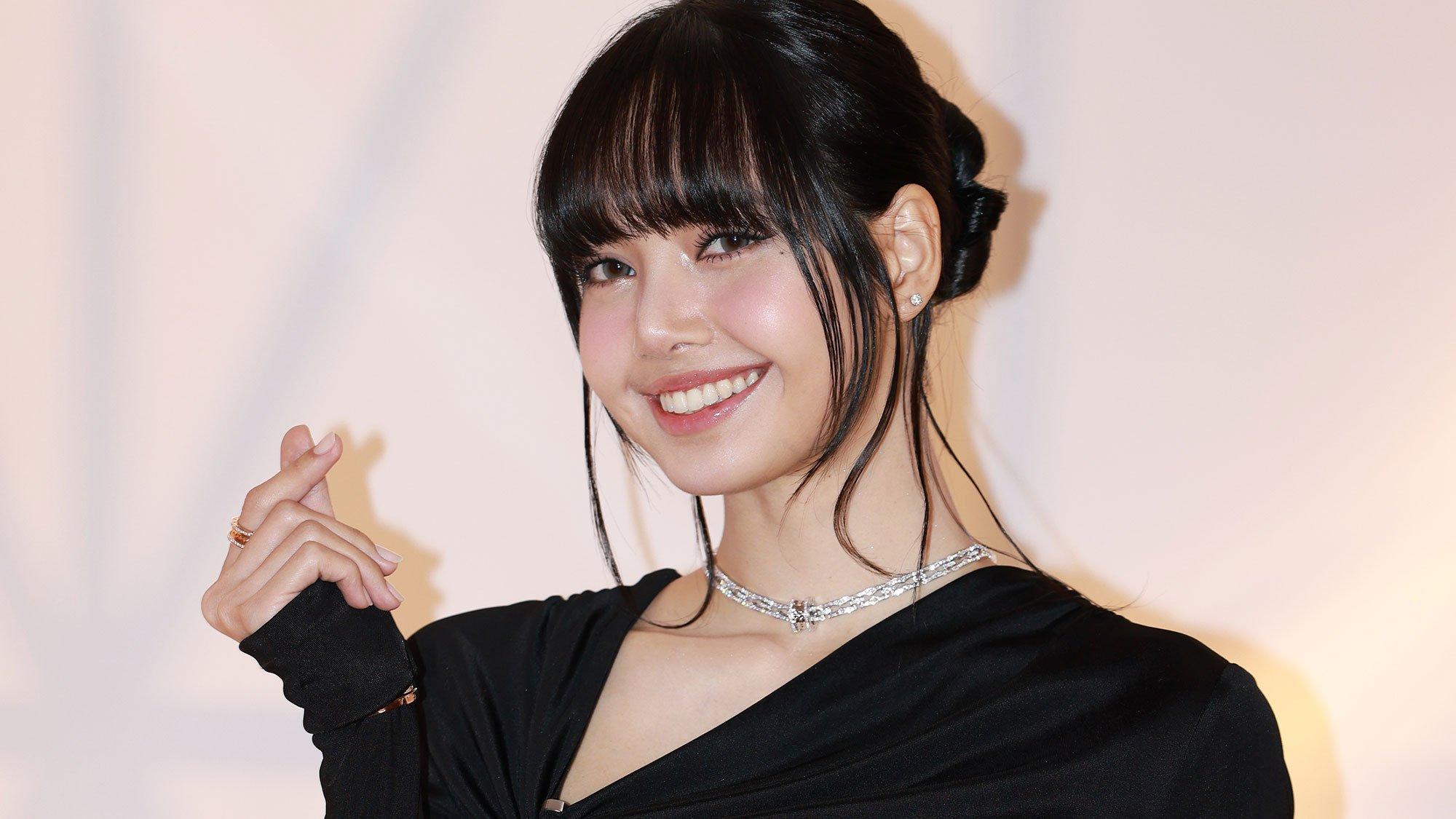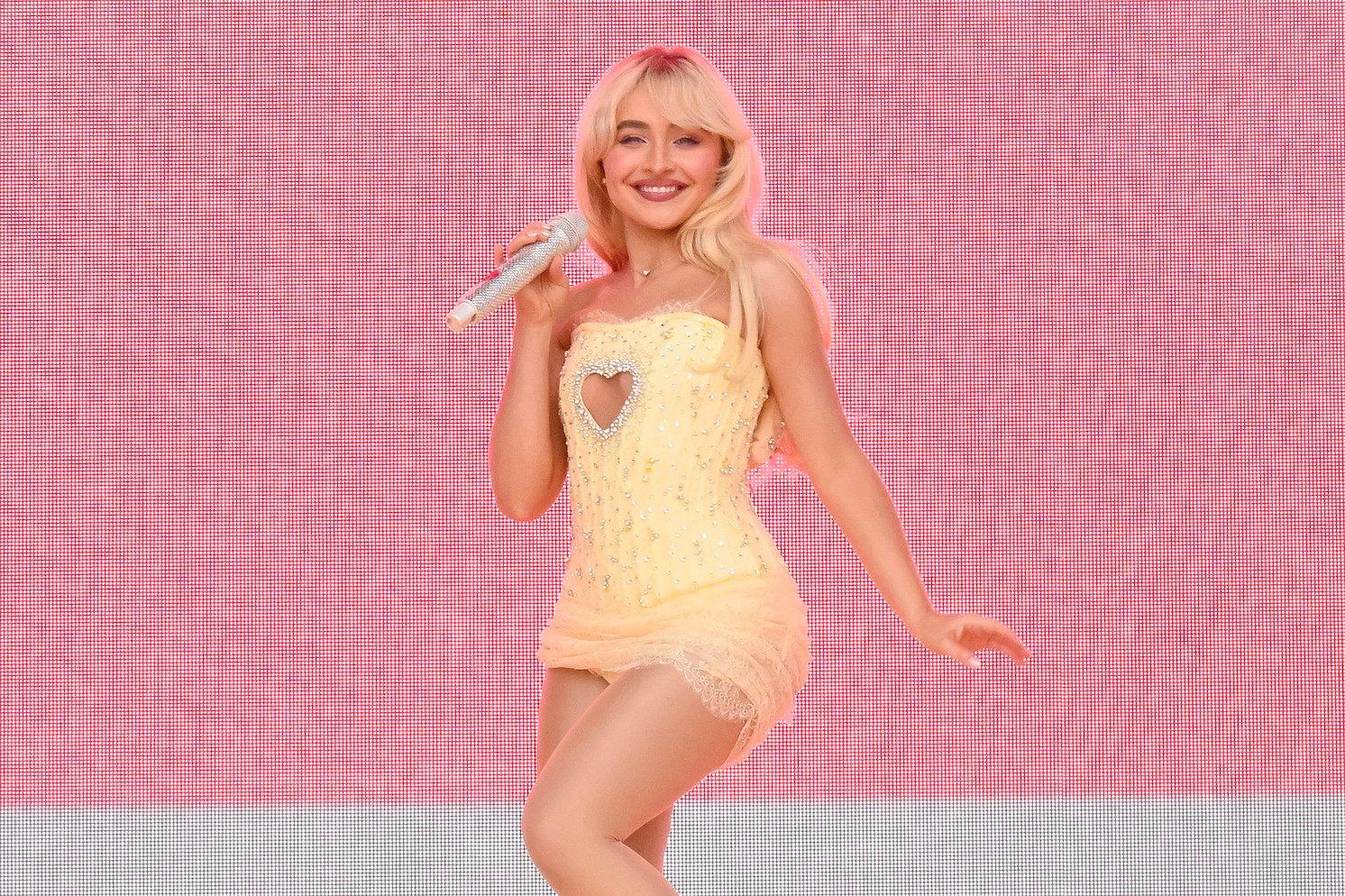With the full 62nd GRAMMY Award nominations dropping bright and early this morning, the music industry is now wide awake and celebrating on social media.
Read on to share in the excitement with some of the 2020 GRAMMY nominees: Lizzo, James Blake, Billie Eilish, H.E.R., Yola, Lil Nas X, Ariana Grande and more!
<iframe width="620" height="349" src="https://www.youtube.com/embed/NaZC2BWPP38" frameborder="0" allow="accelerometer; autoplay; encrypted-media; gyroscope; picture-in-picture" allowfullscreen></iframe>
First-time nominee Lizzo is "feelin' good as hell" about her momentous eight nods, which include Record Of The Year, Album Of The Year and Best New Artist. She took to her Twitter bright and early, not long after the news went live to share the big mood. "THIS HAS BEEN AN INCREDIBLE YEAR FOR MUSIC AND IM JUST SO THANKFUL TO EVEN BE PART OF IT," she beamed in her second tweet, followed by "WE ARE ALL WINNERS." Congrats, queen!
Billie Eilish is another first-time nominee who's also up for Record Of The Year, Album Of The Year Best New Artist and more. The young anti-pop star, whose older brother FINNEAS produces her music, wrote "BETWEEN ME & MY BROTHER ITS 11 NOMINATIONS thank u grammyyys this is an honor." Talk about a sibling power duo!
Another first-time nominee and Best New Artist contender, Yola, is reveling in this big day. "I'm trying to find the right words for the @RecordingAcad nominations this morning, this is an absolute dream!!" the rising Queen of Country Soul first wrote on Twitter this morning.
Two hours later, the British songstress came up with a few more words to summarize her joy: "To be be nominated for four @RecordingAcad #GRAMMYs in the 10th month of my debut year is beyond a dream come true. Thank you to my incredible team and everyone who has supported and believed in me along the way. I'm truly honoured to be in the category with every artist nominated."
Country/trap king Lil Nas X also joined the first-time nominee rodeo with six nods, including for Best New Artist, Album Of The Year—for his debut EP, 7—and Record Of The Year for "Old Town Road."
"NO F***ING WAY" he wrote on Twitter. Yee-haw indeed, cowboy.
GRAMMY-winning alt-electro crooner James Blake, who was a Best New Artist nominee back at the 56th GRAMMY Awards, also took to social media to share the weight of this prestigious peer recognition. "Assume Form nominated for best alternative album! This one meant a huge amount to me. ahhhhhhhhh! LOVE YOU ALL," he wrote on Instagram.
<blockquote class="instagram-media" data-instgrm-captioned data-instgrm-permalink="https://www.instagram.com/p/B5F_EmTnJtc/?utm_source=ig_embed&utm_campaign=loading" data-instgrm-version="12" style=" background:#FFF; border:0; border-radius:3px; box-shadow:0 0 1px 0 rgba(0,0,0,0.5),0 1px 10px 0 rgba(0,0,0,0.15); margin: 1px; max-width:540px; min-width:326px; padding:0; width:99.375%; width:-webkit-calc(100% - 2px); width:calc(100% - 2px);"><div style="padding:16px;"> <a href="https://www.instagram.com/p/B5F_EmTnJtc/?utm_source=ig_embed&utm_campaign=loading" style=" background:#FFFFFF; line-height:0; padding:0 0; text-align:center; text-decoration:none; width:100%;" target="_blank"> <div style=" display: flex; flex-direction: row; align-items: center;"> <div style="background-color: #F4F4F4; border-radius: 50%; flex-grow: 0; height: 40px; margin-right: 14px; width: 40px;"></div> <div style="display: flex; flex-direction: column; flex-grow: 1; justify-content: center;"> <div style=" background-color: #F4F4F4; border-radius: 4px; flex-grow: 0; height: 14px; margin-bottom: 6px; width: 100px;"></div> <div style=" background-color: #F4F4F4; border-radius: 4px; flex-grow: 0; height: 14px; width: 60px;"></div></div></div><div style="padding: 19% 0;"></div> <div style="display:block; height:50px; margin:0 auto 12px; width:50px;"><svg width="50px" height="50px" viewBox="0 0 60 60" version="1.1" xmlns="https://www.w3.org/2000/svg" xmlns:xlink="https://www.w3.org/1999/xlink"><g stroke="none" stroke-width="1" fill="none" fill-rule="evenodd"><g transform="translate(-511.000000, -20.000000)" fill="#000000"><g><path d="M556.869,30.41 C554.814,30.41 553.148,32.076 553.148,34.131 C553.148,36.186 554.814,37.852 556.869,37.852 C558.924,37.852 560.59,36.186 560.59,34.131 C560.59,32.076 558.924,30.41 556.869,30.41 M541,60.657 C535.114,60.657 530.342,55.887 530.342,50 C530.342,44.114 535.114,39.342 541,39.342 C546.887,39.342 551.658,44.114 551.658,50 C551.658,55.887 546.887,60.657 541,60.657 M541,33.886 C532.1,33.886 524.886,41.1 524.886,50 C524.886,58.899 532.1,66.113 541,66.113 C549.9,66.113 557.115,58.899 557.115,50 C557.115,41.1 549.9,33.886 541,33.886 M565.378,62.101 C565.244,65.022 564.756,66.606 564.346,67.663 C563.803,69.06 563.154,70.057 562.106,71.106 C561.058,72.155 560.06,72.803 558.662,73.347 C557.607,73.757 556.021,74.244 553.102,74.378 C549.944,74.521 548.997,74.552 541,74.552 C533.003,74.552 532.056,74.521 528.898,74.378 C525.979,74.244 524.393,73.757 523.338,73.347 C521.94,72.803 520.942,72.155 519.894,71.106 C518.846,70.057 518.197,69.06 517.654,67.663 C517.244,66.606 516.755,65.022 516.623,62.101 C516.479,58.943 516.448,57.996 516.448,50 C516.448,42.003 516.479,41.056 516.623,37.899 C516.755,34.978 517.244,33.391 517.654,32.338 C518.197,30.938 518.846,29.942 519.894,28.894 C520.942,27.846 521.94,27.196 523.338,26.654 C524.393,26.244 525.979,25.756 528.898,25.623 C532.057,25.479 533.004,25.448 541,25.448 C548.997,25.448 549.943,25.479 553.102,25.623 C556.021,25.756 557.607,26.244 558.662,26.654 C560.06,27.196 561.058,27.846 562.106,28.894 C563.154,29.942 563.803,30.938 564.346,32.338 C564.756,33.391 565.244,34.978 565.378,37.899 C565.522,41.056 565.552,42.003 565.552,50 C565.552,57.996 565.522,58.943 565.378,62.101 M570.82,37.631 C570.674,34.438 570.167,32.258 569.425,30.349 C568.659,28.377 567.633,26.702 565.965,25.035 C564.297,23.368 562.623,22.342 560.652,21.575 C558.743,20.834 556.562,20.326 553.369,20.18 C550.169,20.033 549.148,20 541,20 C532.853,20 531.831,20.033 528.631,20.18 C525.438,20.326 523.257,20.834 521.349,21.575 C519.376,22.342 517.703,23.368 516.035,25.035 C514.368,26.702 513.342,28.377 512.574,30.349 C511.834,32.258 511.326,34.438 511.181,37.631 C511.035,40.831 511,41.851 511,50 C511,58.147 511.035,59.17 511.181,62.369 C511.326,65.562 511.834,67.743 512.574,69.651 C513.342,71.625 514.368,73.296 516.035,74.965 C517.703,76.634 519.376,77.658 521.349,78.425 C523.257,79.167 525.438,79.673 528.631,79.82 C531.831,79.965 532.853,80.001 541,80.001 C549.148,80.001 550.169,79.965 553.369,79.82 C556.562,79.673 558.743,79.167 560.652,78.425 C562.623,77.658 564.297,76.634 565.965,74.965 C567.633,73.296 568.659,71.625 569.425,69.651 C570.167,67.743 570.674,65.562 570.82,62.369 C570.966,59.17 571,58.147 571,50 C571,41.851 570.966,40.831 570.82,37.631"></path></g></g></g></svg></div><div style="padding-top: 8px;"> <div style=" color:#3897f0; font-family:Arial,sans-serif; font-size:14px; font-style:normal; font-weight:550; line-height:18px;"> View this post on Instagram</div></div><div style="padding: 12.5% 0;"></div> <div style="display: flex; flex-direction: row; margin-bottom: 14px; align-items: center;"><div> <div style="background-color: #F4F4F4; border-radius: 50%; height: 12.5px; width: 12.5px; transform: translateX(0px) translateY(7px);"></div> <div style="background-color: #F4F4F4; height: 12.5px; transform: rotate(-45deg) translateX(3px) translateY(1px); width: 12.5px; flex-grow: 0; margin-right: 14px; margin-left: 2px;"></div> <div style="background-color: #F4F4F4; border-radius: 50%; height: 12.5px; width: 12.5px; transform: translateX(9px) translateY(-18px);"></div></div><div style="margin-left: 8px;"> <div style=" background-color: #F4F4F4; border-radius: 50%; flex-grow: 0; height: 20px; width: 20px;"></div> <div style=" width: 0; height: 0; border-top: 2px solid transparent; border-left: 6px solid #f4f4f4; border-bottom: 2px solid transparent; transform: translateX(16px) translateY(-4px) rotate(30deg)"></div></div><div style="margin-left: auto;"> <div style=" width: 0px; border-top: 8px solid #F4F4F4; border-right: 8px solid transparent; transform: translateY(16px);"></div> <div style=" background-color: #F4F4F4; flex-grow: 0; height: 12px; width: 16px; transform: translateY(-4px);"></div> <div style=" width: 0; height: 0; border-top: 8px solid #F4F4F4; border-left: 8px solid transparent; transform: translateY(-4px) translateX(8px);"></div></div></div></a> <p style=" margin:8px 0 0 0; padding:0 4px;"> <a href="https://www.instagram.com/p/B5F_EmTnJtc/?utm_source=ig_embed&utm_campaign=loading" style=" color:#000; font-family:Arial,sans-serif; font-size:14px; font-style:normal; font-weight:normal; line-height:17px; text-decoration:none; word-wrap:break-word;" target="_blank">Assume Form nominated for best alternative album! This one meant a huge amount to me. ahhhhhhhhh! LOVE YOU ALL </a></p> <p style=" color:#c9c8cd; font-family:Arial,sans-serif; font-size:14px; line-height:17px; margin-bottom:0; margin-top:8px; overflow:hidden; padding:8px 0 7px; text-align:center; text-overflow:ellipsis; white-space:nowrap;">A post shared by <a href="https://www.instagram.com/jamesblake/?utm_source=ig_embed&utm_campaign=loading" style=" color:#c9c8cd; font-family:Arial,sans-serif; font-size:14px; font-style:normal; font-weight:normal; line-height:17px;" target="_blank"> James Blake</a> (@jamesblake) on <time style=" font-family:Arial,sans-serif; font-size:14px; line-height:17px;" datetime="2019-11-20T16:13:03+00:00">Nov 20, 2019 at 8:13am PST</time></p></div></blockquote><script async src="//www.instagram.com/embed.js"></script>
Rising R&B powerhouse H.E.R., won her first two GRAMMYs at the 61st GRAMMY Awards, where she was a Best New Artist nominee. She is understandably thrilled about her five nominations this year, and gave her tweet the all-caps, multiple-exclamation-point treatment: "5 NOMINATIONS!!!! WHAAAAAT. THATS CRAZY!!!! AGAAAAAINNNNNN. AAAHHHHHHHHHHHHHHHHHHH. GOD IS GREAT."
Pop queen Ariana Grande may have won her first GRAMMY earlier this year, for Sweetener, but she was still blown away by today's news. She is up for five awards this year, including for Album Of The Year and Best Pop Vocal Album (the gramophone she snagged in 2019) for her 2019 follow-up, thank u, next.
In one of her excited tweets this morning she wrote, "thank u for acknowledging this music my beautiful best friends and i created in just a few weeks together. the acknowledgement is truly enough on its own for me and my heart."
<blockquote class="twitter-tweet"><p lang="en" dir="ltr">thank u for acknowledging this music my beautiful best friends and i created in just a few weeks together. the acknowledgement is truly enough on its own for me and my heart. pls allow me to bring all of my friends who made this w me so they can make sure my heart is beating. <a href="https://t.co/GqBRyP2yCz">pic.twitter.com/GqBRyP2yCz</a></p>— Ariana Grande (@ArianaGrande) <a href="https://twitter.com/ArianaGrande/status/1197200698103996421?ref_src=twsrc%5Etfw">November 20, 2019</a></blockquote><script async src="https://platform.twitter.com/widgets.js" charset="utf-8"></script>
GRAMMY-winning alt-rock stalwarts Cage The Elephant were stoked to earn another Best Rock Album nod, the category they won at the 59th GRAMMY Awards. The band wrote, "Such a blessing and honor to wake up this morning and see we're nominated for a GRAMMY!!! BIG LOVE!!!! @RecordingAcad #GRAMMYs2020 #GrammyNominations #GRAMMYs."
First-time nominees and Brit-rock experimenters The 1975 are celebrating their Best Rock Song nomination, sharing, "// B E S T R O C K S O N G - N O M I N A T I O N // @RecordingAcad L O V E #GRAMMYs," along with a picture featuring lyrics from the nominated song, "Give Yourself A Try."
Nigerian Afro-fusion artist Burna Boy also received his first GRAMMY nomination this year, as his major 2019 album, African Giant, is up for Best World Music Album. He joined in the conversation, retweeting a plethora of fan congrats, as well as his own post, which simply read, "African Giant #GRAMMYs @RecordingAcad!!"
Young rapper YBN Cordae officially joins the ranks of GRAMMY-nominated artists with his two first-ever nods (Best Rap Song and Best New Rap Album) for his 2019 debut LP, The Lost Boy. He shared his excitement with a tearful video of gratitude on his IG stories, as well as several tweets, one of which read, "Bro my DEBUT album got nominated for BEST RAP ALBUM..... this sh*t crazy."
He also tweeted a video of himself from just two years ago, prophesizing more was on the horizon ("This is just the beginning…give me two years"). "Don't let nobody tell you can't do whatever the f**k you put your mind too," this tweet read. Dayum, word.
While there are far too many nominees to share in this article, let's go out with pivotal U.K. electronic duo The Chemical Brothers, who are up for three GRAMMYs this year, including Best Dance/Electronic Album. They were first nominated (and won) back at the 40th GRAMMY Awards, for their classic 1997 track "Block Rockin' Beats."
"Joyful about today's 3 Grammy @RecordingAcad nominations for Best Dance/Electronic Album (No Geography), Best Dance Recording (Got To Keep On) & Best Music Video (We've Got To Try)! Love & gratitude to all that made it possible! #NoGeography #GRAMMYNoms #GRAMMYs #ChemicalBrothers," they shared.
Stay tuned to GRAMMY.com, our YouTube page, our social channels (follow us on Facebook, Instagram and Twitter) and our newsletter (sign up below) for the latest on all things 62nd GRAMMY Awards. And don't forget to tune in on Jan. 26, 2020 to catch the Biggest Night In Music to find out who takes home the golden gramophones!

